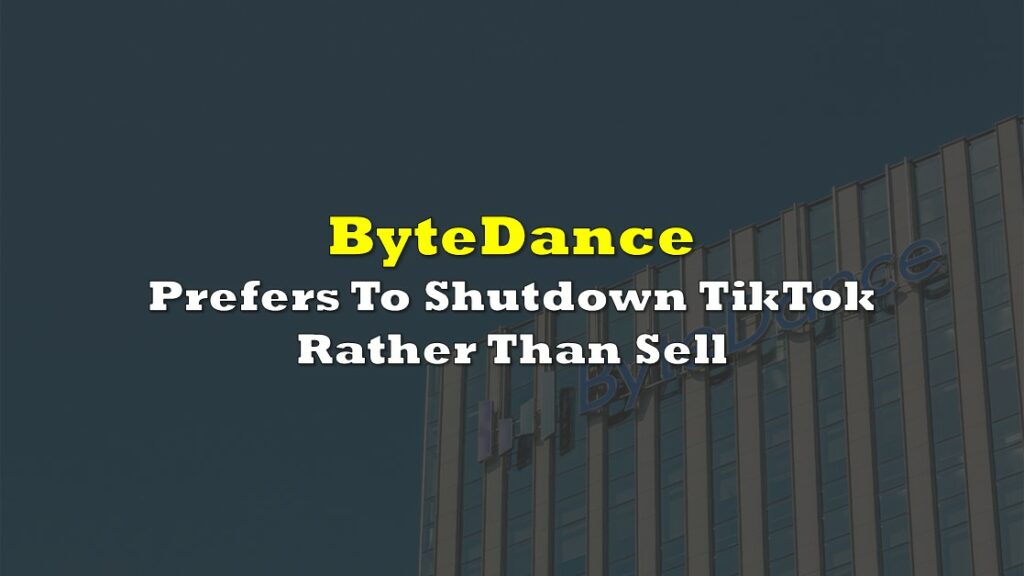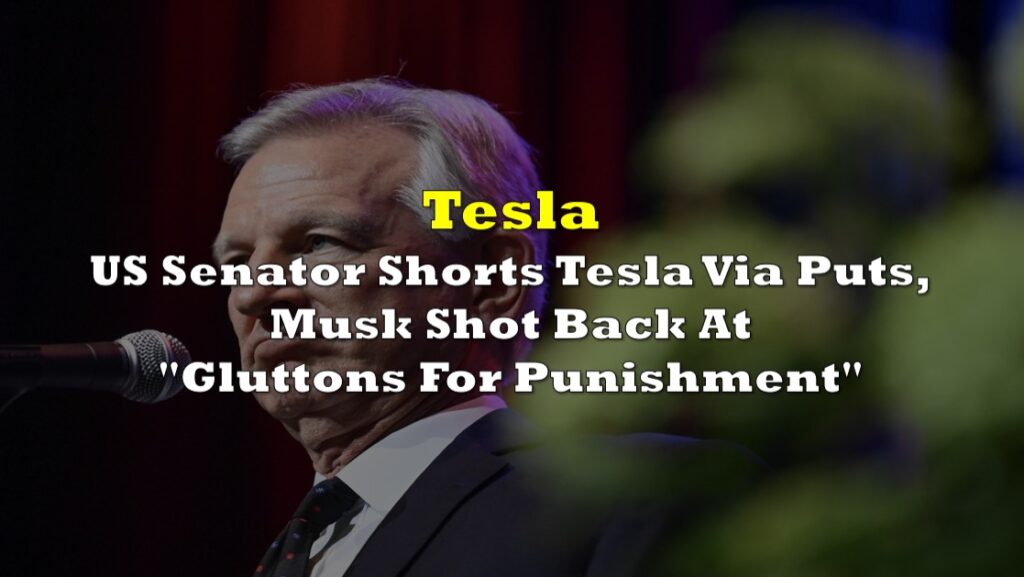As TikTok faces a looming U.S. ban over national security concerns, a surprising development has emerged: Chinese officials are reportedly considering Elon Musk as a potential buyer for the platform’s U.S. operations. The news signals a significant shift in Beijing’s stance, raising questions about Musk’s global influence and the implications of such a deal for the tech and geopolitical landscape.
According to sources familiar with internal discussions, Chinese officials see Musk’s acquisition of TikTok’s U.S. operations as a viable option if ByteDance, TikTok’s parent company, cannot prevent the ban. While ByteDance continues to challenge the legislation in court, Beijing has reportedly begun exploring alternatives.
The Bloomberg report cites insiders who claim, “A potential high-profile deal with one of Trump’s closest allies holds some appeal for the Chinese government.” The individuals emphasized, however, that discussions remain preliminary.
How does this not scare everyone including 47?
— Yellow Lab Life Capital (@YellowLabLife) January 14, 2025
Dude is that tight with them?
CCP basically just gave everyone in the west a reason to question the dude https://t.co/cNwTLF6jNT
Musk’s extensive business ties to China, including Tesla’s (NASDAQ: TSLA) Gigafactory in Shanghai, likely play a role in Beijing’s openness to the idea. Tesla’s operations in China have earned Musk a reputation as a pragmatic entrepreneur capable of navigating complex regulatory landscapes.
Musk has expressed opposition to banning TikTok in the United States, framing the issue as a matter of free speech. In an April 2024 post on X (formerly Twitter), Musk wrote: “In my opinion, TikTok should not be banned in the USA, even though such a ban may benefit the X platform. Doing so would be contrary to freedom of speech and expression. It is not what America stands for.”
However, Musk has yet to publicly comment on reports of his potential involvement in acquiring TikTok.
TikTok’s U.S. operations are caught in a geopolitical tug-of-war. The U.S. government has argued that TikTok poses a national security threat due to its parent company’s ties to the Chinese Communist Party. ByteDance has denied these claims, asserting that U.S. user data is stored on domestic servers under strict safeguards.
Despite ByteDance’s assurances, the U.S. Supreme Court appears likely to uphold the ban, which would take effect on January 19, 2025. During oral arguments on January 10, Chief Justice John Roberts remarked, “The constitutional protections of free speech do not extend to potential threats to the nation’s security.”
Chinese officials, meanwhile, hold significant influence over ByteDance through a “golden share” arrangement, which allows Beijing to exert control over the company’s strategic decisions. Additionally, China’s strict export controls on software algorithms—like TikTok’s recommendation engine—complicate any potential sale. Without approval from Beijing, the platform’s most valuable technology could be excluded from the transaction.
Analysts estimate TikTok’s U.S. operations are valued between $40 billion and $50 billion. If Musk were to pursue an acquisition, financing such a deal would pose substantial challenges. Musk’s $44 billion purchase of X in 2022 left him with considerable debt, and it remains unclear how he would fund another acquisition of this scale.
ByteDance’s legal team has also argued that separating TikTok’s U.S. operations from its global infrastructure would be a daunting task. In court filings, the company described the process as “extraordinarily difficult,” citing technical, operational, and regulatory hurdles.
That Beijing is reportedly comfortable with Musk as a buyer has sparked debate among analysts. Some view the move as a calculated compromise by Chinese officials, who see Musk as a figure capable of maintaining stability in U.S.-China relations.
Musk’s deep ties to China and his reliance on the Chinese market for Tesla’s success make him a unique candidate. But it may also raise concerns about how much influence the CCP could still exert over TikTok, even if it’s technically owned by an American company, especially with Musk’s integral role in the incoming Trump administration.
This perspective aligns with broader criticisms of Musk’s business practices. While he has publicly championed free speech, his leadership of X has faced backlash for controversial decisions, including abrupt layoffs of content moderation teams and algorithmic changes perceived to favor his personal interests.
As the January 19 deadline approaches, TikTok’s future remains uncertain. If Musk acquires the platform, the deal could reshape the social media landscape by integrating TikTok with his existing ventures, including X and his artificial intelligence company, xAI. However, such a move would likely face scrutiny from U.S. regulators over antitrust and data privacy concerns.
Information for this story was found via Bloomberg and the sources and companies mentioned. The author has no securities or affiliations related to the organizations discussed. Not a recommendation to buy or sell. Always do additional research and consult a professional before purchasing a security. The author holds no licenses.









